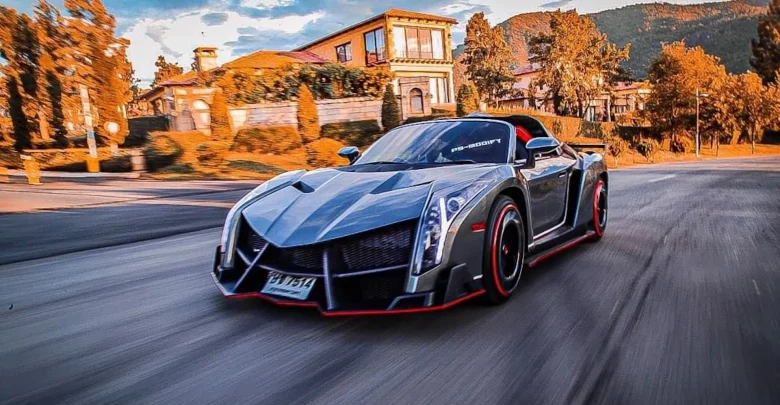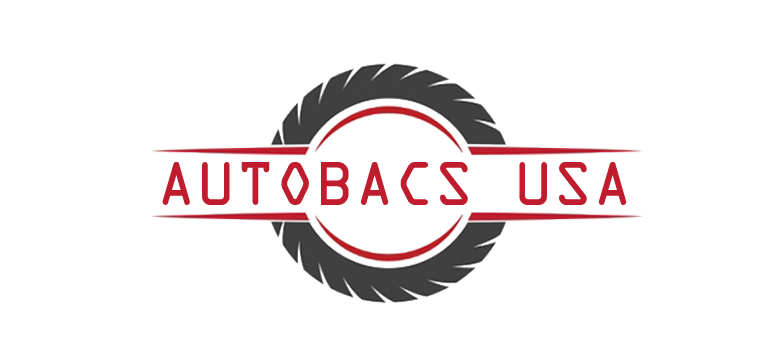Transforming Your Ride: The World of Custom Body Kits

If you’re a car enthusiast or someone who takes great pride in your vehicle, you’ve probably considered the concept of custom body kits. These kits have become a popular choice for automotive enthusiasts looking to give their cars a unique and personalized appearance. In this article, we’ll delve into the world of custom body kits, exploring what they are, their benefits, and the process of choosing and installing the right one for your vehicle.
What are Custom Body Kits?
Custom body kits are aftermarket modifications designed to enhance a vehicle’s aesthetics and, in some cases, improve its performance. These kits typically include various components such as front and rear bumpers, side skirts, spoilers, fender flares, and other body panels that replace or augment the stock parts of your vehicle.
The key difference between custom body kits and off-the-shelf body kits is the level of personalization and uniqueness they offer. Custom body kits are tailor-made to meet the specific preferences of the car owner, allowing for a truly one-of-a-kind look.
Benefits of Custom Body Kits
Сustom body kit fabrication offer several advantages to car enthusiasts and owners who are looking to personalize their vehicles:
- Unique Appearance: The primary reason people opt for custom body kits is to give their cars a unique and distinctive look. These kits allow for personalized designs that reflect your style and preferences.
- Enhanced Aesthetics: Custom body kits can drastically improve the overall aesthetics of your vehicle. By modifying key components like bumpers, side skirts, and spoilers, you can achieve a more aggressive, sporty, or luxurious appearance.
- Performance Enhancement: While the primary focus of custom body kits is on aesthetics, some kits are designed with performance in mind. Features like aerodynamic components, larger spoilers, and vented hoods can improve the vehicle’s aerodynamics and handling.
- Resale Value: A well-executed custom body kit can increase the resale value of your vehicle. Many buyers are drawn to customized vehicles, making your car more attractive in the used car market.
- Quality and Materials: Custom body kits are often crafted with high-quality materials, such as fiberglass, polyurethane, or carbon fiber, ensuring durability and longevity.
Choosing the Right Custom Body Kit
Selecting the perfect custom body kit for your vehicle can be a rewarding but complex process. Here are some key considerations to keep in mind:
- Budget: Determine how much you are willing to invest in a custom body kit. Prices can vary widely based on the materials used and the complexity of the design.
- Design and Style: Consider the style you want to achieve with your vehicle. Whether it’s a sporty appearance, a luxury look, or a unique design, your chosen style will guide the selection of your body kit.
- Compatibility: Ensure that the custom body kit you choose is compatible with your vehicle’s make and model. Different kits are designed for specific cars, so it’s crucial to select one that fits your vehicle correctly.
- Professional Installation: The installation of a custom body kit is a complex process that requires expertise. It is highly recommended to have your kit professionally installed to ensure a proper fit and alignment.
- Legal Considerations: Some modifications may not comply with local regulations, so it’s important to verify whether the modifications in your chosen body kit meet legal requirements.
The Customization Process
The customization process typically involves the following steps:
- Design and Conceptualization: Work with a skilled designer or a customization specialist to conceptualize the look you want to achieve. This step includes selecting the specific components, materials, and finishes for your custom body kit.
- Materials Selection: Decide on the materials for your body kit. Common options include fiberglass, polyurethane, and carbon fiber, each with its advantages in terms of weight, durability, and aesthetics.
- Professional Installation: Once the body kit is fabricated, it must be professionally installed. This step ensures that the kit is aligned correctly and securely affixed to your vehicle.
- Paint and Finish: After installation, the body kit is usually painted to match your vehicle’s existing color or to achieve a specific finish, such as matte or metallic. Proper finishing is essential to achieving a seamless and polished look.
- Quality Control: Before the final unveiling, thorough quality control checks are conducted to ensure that the custom body kit meets the desired specifications and standards.
In Closing
Custom body kits offer a unique and personalized way to transform the appearance of your vehicle. Whether you’re seeking a sporty, luxurious, or unique look, these kits provide endless customization possibilities. While the customization process can be complex and requires careful consideration, the result is a vehicle that reflects your style and stands out on the road. If you’re eager to take your vehicle to the next level and make a statement with a personalized touch, exploring the world of custom body kits is a journey worth embarking on. Your car’s transformation into a one-of-a-kind masterpiece awaits.

